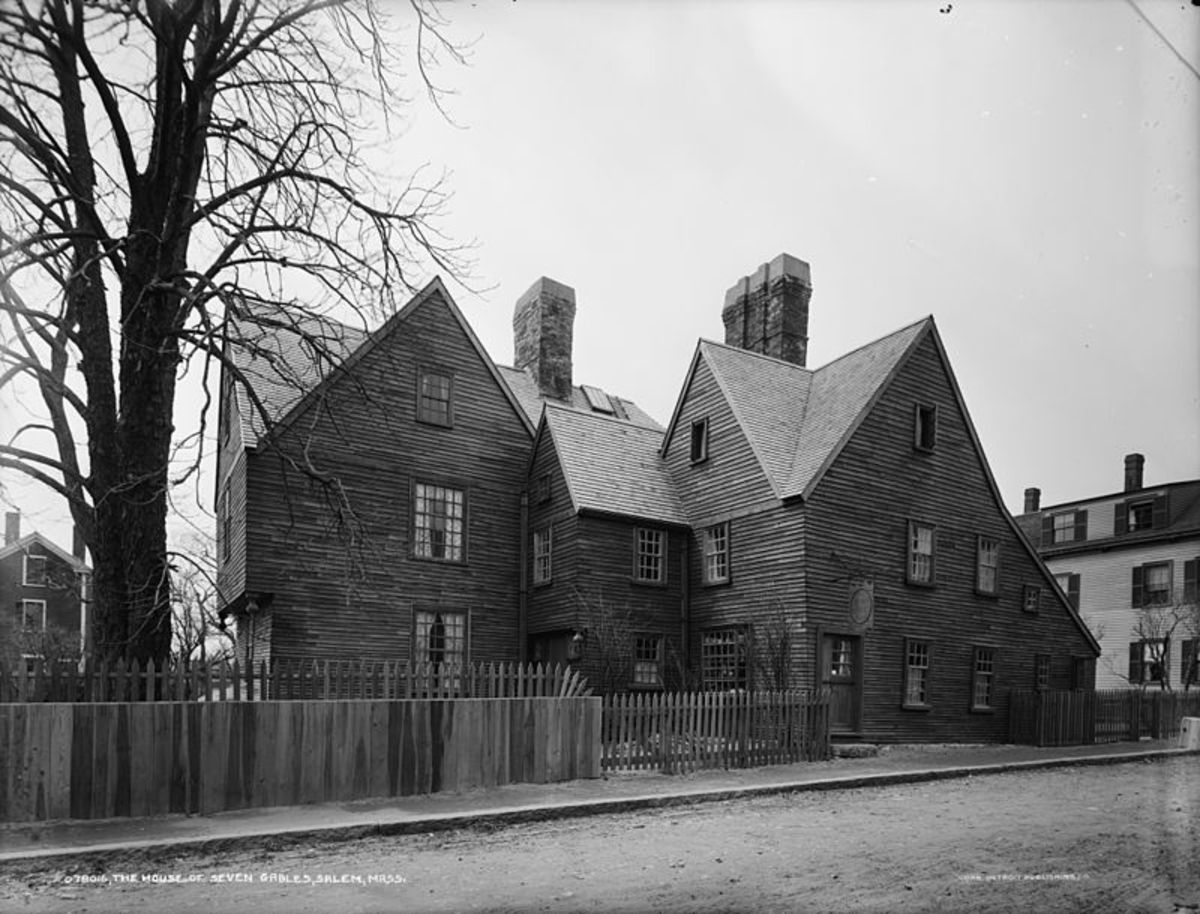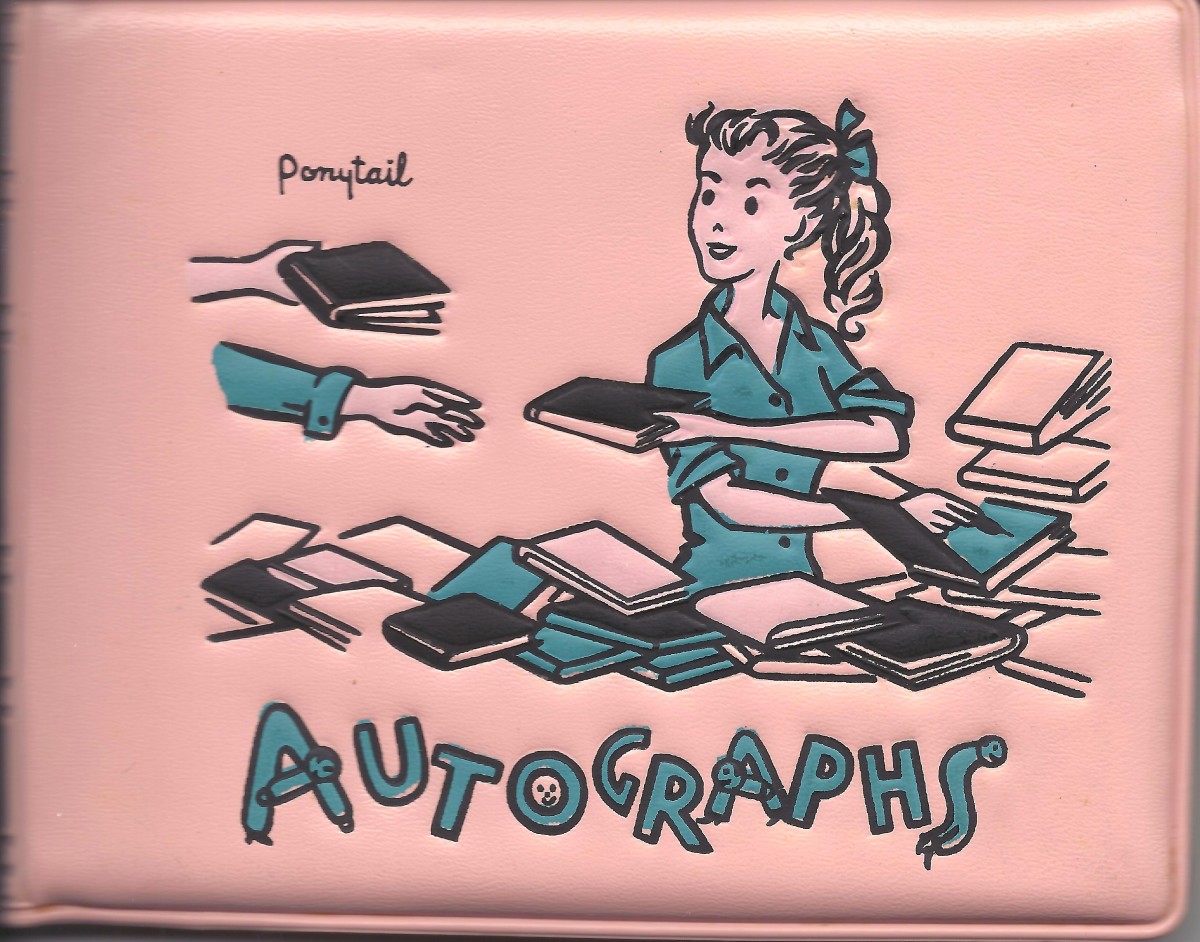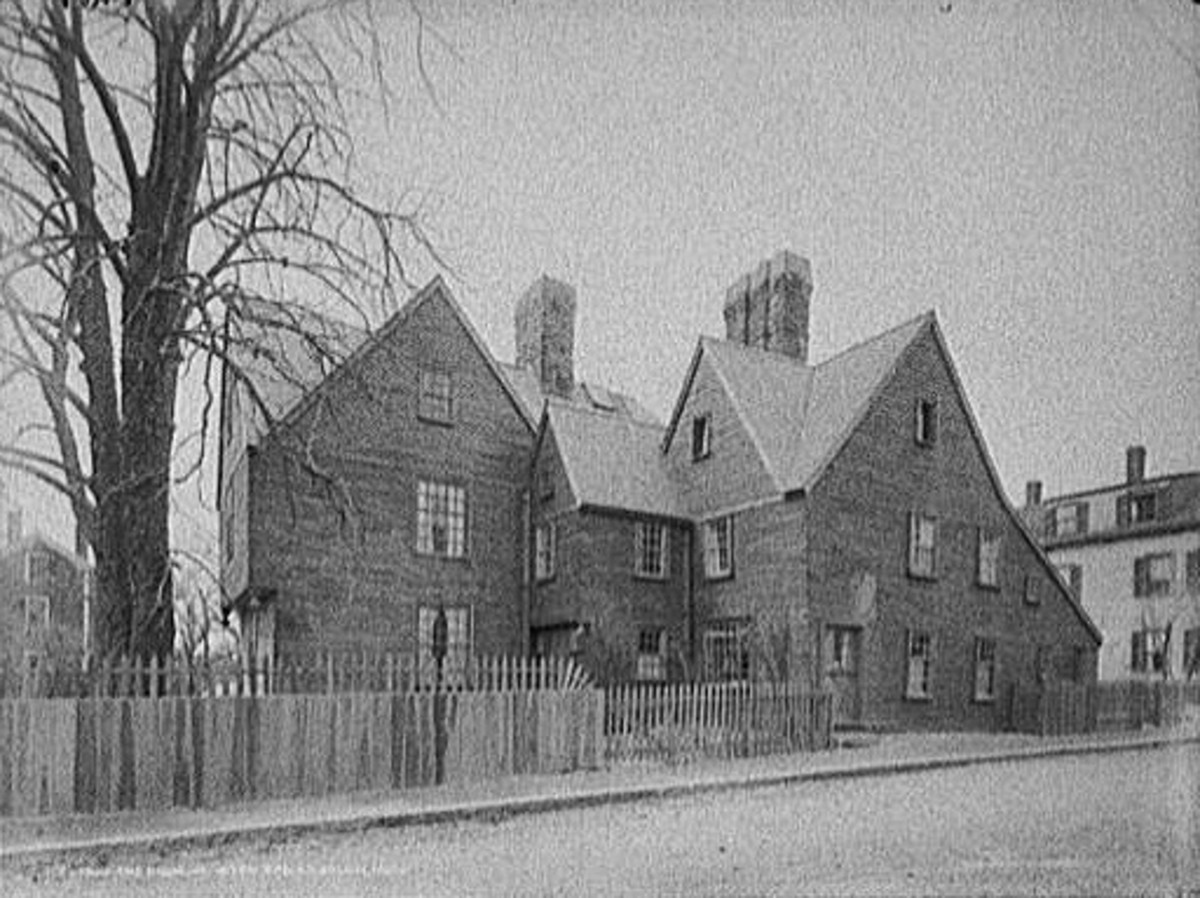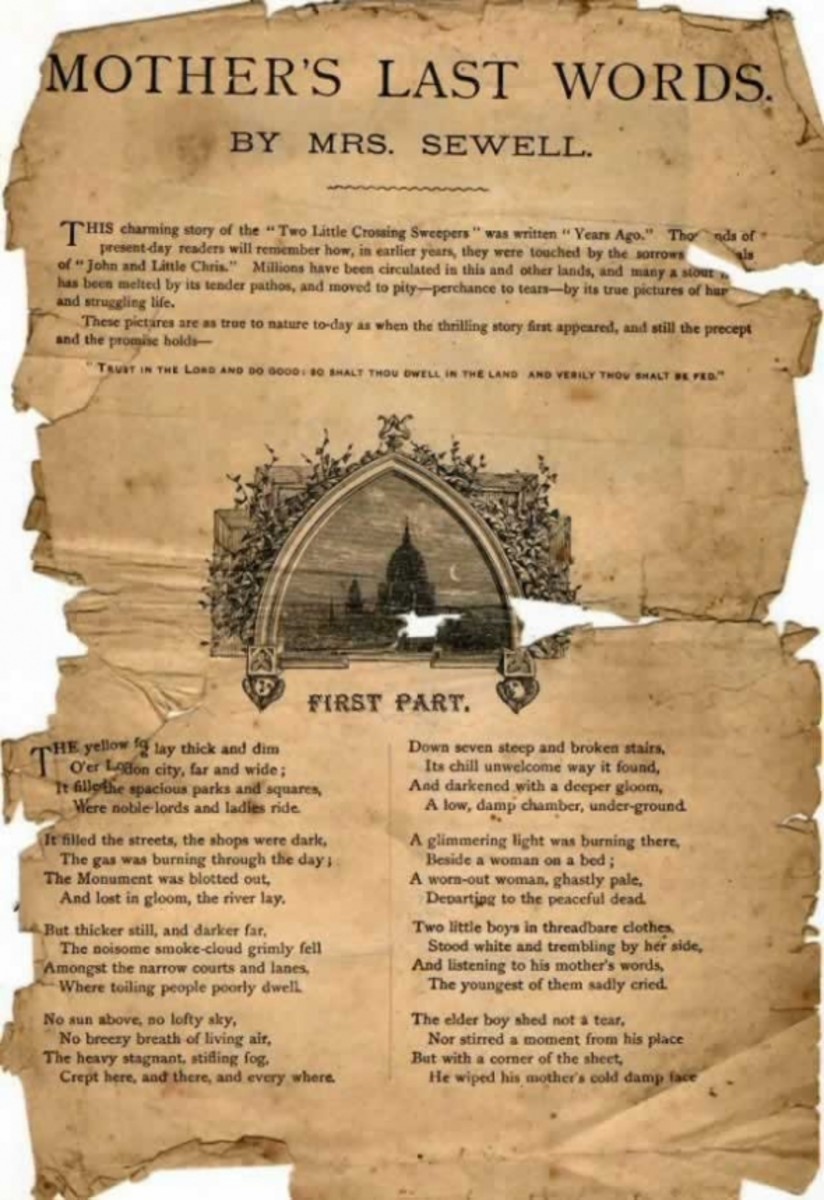10 things you may not know about Nathaniel Hawthorne
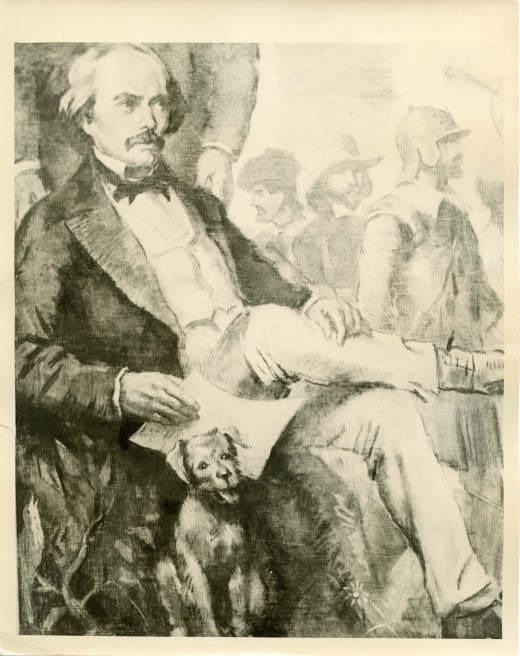
The only home he bought was the The Wayside, (ironically renamed by Hawthorne) in Concord with an advance from his publisher in 1852. He barely lived there, moving to Liverpool, England as the United States Consul a year later in August 1853, until October 1857, not returning to the USA until 1860 with the onset of the Civil War.
Many of his life choices were out of his control (as fate works) and his writings provided an outlet for him to articulate his frustrations and illustrate society’s restrictions and beliefs during his life that affected him.
Sixth generation Salemite
Nathaniel Hawthorne was born on July 4th 1804 in Salem, Massachusetts and died on May 19th 1864 in Pemigewasset House, Plymouth, New Hampshire. He died in his sleep and was found in the morning by the former President and his best friend, Franklin Pierce and is likely he died during the night.
During his life he struggled financially, dependent on the finances of his maternal family, moving homes according to the generosity of friends and family and anonymously bailed out by friends such as Pierce.
Whether he would have remained in Salem if he could have afforded his own home there one can never truly know, but I think he would have, finding being close to the sea and near a city was more conducive to his writing.
Signature
Hawthorne had little control over his early life remaining under the shadow of the various and dubious actions of his ancestors and subject to decisions made by his uncle, Robert Manning. By adding a 'w' to his name, Hathorne became Hawthorne to symbolically break ties with his notorious ancestors. He used both names during his 20s, interchanging them periodically and published under both names. Both of his sisters, who never married, adopted the change too, however other members of his family retained the Hathorne spelling indicating this was Hawthorne’s conscious decision. This was his way of freeing himself and acknowledging his ancestors past actions, he believed it could help resolve his family's dire plight, by paying for their sins. Changing his name enabled him to establish his own identity, it was one thing he could control, alleviating the pressure and burden he felt from his ancestors. Using Nath, as his signature, he preferred being called Nath or Nathan as friends affectionately addressed him as ‘H’ and he often gave nicknames to those closest to him.
The Salem and Boston Stage Company
This was the maternal family business where he worked as a bookkeeper as did the many of the family members. The profitable business provided the means for Hawthorne to attend Bowdoin and to finance the building of homes in Raymond, Maine (which at that time still a district in Massachusetts). Hawthorne spent as much time here as he could, to escape the intensity of Salem where he enjoyed fishing in Sebago Lake and making friends with anonymity, feeling free.
His parents lived ‘next door’
Although William and John Hathorne had amassed land and wealth, the family fortune had diminished after only three generations. The family home used to be on Washington Street, became a modest house at 27 Union Street. The Mannings lived in the next street at 10 ½ Herbert Street. Perhaps it was the outcome from how the gains were gotten, a thought that had crossed Hawthorne’s mind and that he was to pay for.
Nathaniel Bowditch
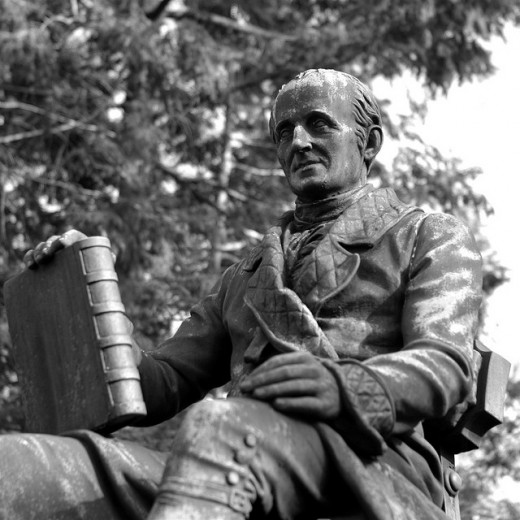
Nathaniel Bowditch, the Navigator was related to him
Hawthorne’s great-grandmother was Sarah Bowditch Hathorne (she was married to Joseph Hathorne) and she was Bowditch’s great aunt (sister to his grandfather, Ebenezer). Both were members of the Salem Athenaeum and spent many hours reading in peace and quiet. Bowditch’s great-grandfather, William Bowditch and Hawthorne’s great-great grandfather were friends and related by marriage (Bowditch’s daughter, Sarah was married to Hathorne’s son, Joseph). While clearing out his grandfathers belongings, he came across documents from the 1692 witch trials that had been assumed lost and returned them to the Massachussetts Historical Society, apologizing on his ancestors behalf for not returning them sooner. It appears that John Hathorne may have given them to him for safe keeping or to hide them.
Whether the karmic curse affected the Bowditch family, one can only speculate as John Hathorne was his great-great Uncle. Bowditch’s father, Habakkuk had a cooperage business that failed and Bowditch was forced to leave school at 10 years old to help in the family business. He like Hawthorne relied upon others for his education through apprenticeships and mentors.
Statute on Hawthorne Boulevard
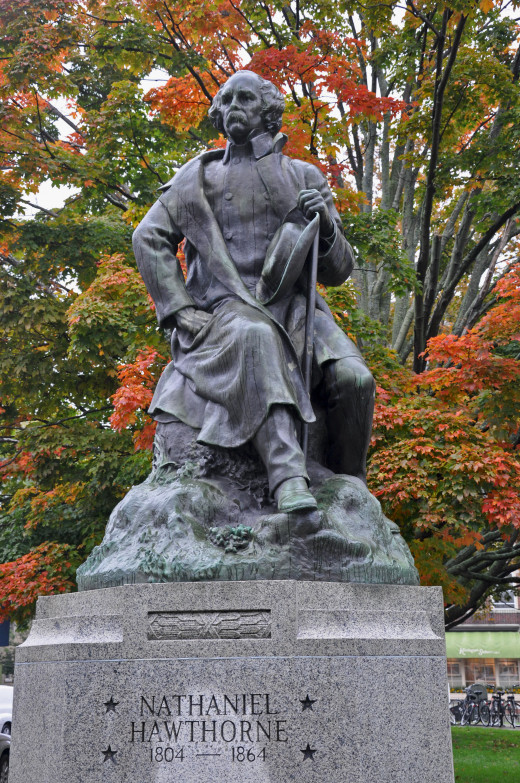
Forced to leave Salem, but returned periodically
Although he loved Salem, the pressure of his ancestors weighed upon him, the notoriety of a hanging judge, ruthless magistrate and a pirate. He rented The Old Manse when he got married in 1845 for three years (rented from Ralph Emerson Waldo for $100 p.a.) and was forced to leave when they could no longer afford the rent.
When he lost his job at Custom House on June 7th 1849, again the family had nowhere to live, and through mutual friends was offered ‘The Little Red House’ which was the caretaker’s house on the border of Lenox at no cost where the family remained for two years.
Each time he returned to Salem and the Manning household in between homes. Often he left because there was no choice.
Reluctant dependence
His mother was dependent oh her family until her mother’s death in 1826 when she was able to inherit. Up to this point, his uncles maintained control of the finances, yet they were father figures to him, built a house for the family in Maine and paid for his schooling. His father's death had left the family no choice, but to live under the rules of his maternal grandparents. At times it was stifling, but he knew he was fortunate as the Hathorne fortune had all but gone.
His friend Horatio Bridge helped finance his book without his knowledge and friends anonymously raised money to support him when he was fired from Custom House and was finishing The Scarlet Letter. Others assisted by helping to secure his positions in the Boston Custom House and offering accommodation when he found himself without a regular income.
Responsible, proud and frustrated
He had a long courtship (five years)with Sophia Peabody, as the income from his writing career did not earn enough money for him to marry and have a family. Taking a job at the Boston Custom House was a means to gain a steady income to save enough to get married.
When he obtained a position in the Salem Custom House, he was finally able to rent a home in Salem for his family. They moved to Chestnut Street (one of the best streets in Salem) and then in Mall Street, taking his mother and sisters with him. His sense of pride was to provide for his family whenever he could and to look after them to the best of his ability.
He was constantly frustrated, trying to write and provide for his family, reluctantly accepting the sale of Sophia’s art work of hand painted items, to help support the family. Fortunately, Sophia supported and encouraged him throughout his life in his writing, even when they had no money.
Which is your favorite Hawthorne book?
Moby Dick, by Herman Melville is dedicated to him
They became friends and inspired each other while living in the Berkshires; Melville in Pittsfield and Hawthorne in Stockbridge bordering Lenox on the Tanglewood Estate, which Samuel Ward renamed after Hawthorne’s book, Tanglewood Tales. As fellow writers they understood the frustrations and both suffered financial hardship for their craft. The two-year friendship drifted apart when Hawthorne moved away to Concord.
His friendship with Pierce had helped him secure a position in Liverpool as the United Stated Consul with a steady income. Attempting to do the same for Melville, he was unsuccessful as Melville drifted into a frugal existence that he was all too familiar with. Understanding how Melville felt, having been in the same position, he felt helpless and embarrassed that he could not help his friend. The same happened when he visited him in Liverpool in 1857, unable to help again, as Hawthorne’s own future was bleak as his position was coming to an end. Neither writer in their lifetime enjoyed the recognition they are renowned for today.
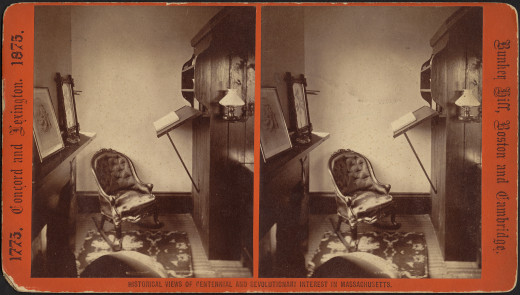
Karma
Hawthorne believed his family was cursed and was paying for the sins of his ancestors. He was vocally and literally ashamed of them, but did not shy away from this, but knew it was responsible for the suffering and tragedies in his family.
His great-great grandfather, William had been a ruthless magistrate who as an original settler abused his new powers. John Hathorne, his son rather than being a Judge at the witch trials of 1692, became the prosecutor, interrogating the accused rather than listening and attempted to coerce confessions, refusing 'not guilty' verdicts until the jury agreed with what was said. (During the Rebecca Nurse trials) There was a lot of blood on his hands, that remained as he never apologized for his part in the atrocities.
He was also one of three judges in charge of handling the property and possessions of the accused, that were sold to pay for their prison costs. It was rumored that the funds raised bore little resemblance to the actual value of the goods, indicating those involved were personally profiting. In his preface to The Scarlet Letter, Hawthorne, acknowledges his ancestors sins and that he is to pay for their sins, hoping this will rebalance the karmic debt and sin. This is a theme he uses throughout his work, acknowledging sins and making amends.
Conflict of morals and loyalty
His friendship with Pierce conflicted with his beliefs in slavery. He did not support slavery, however Pierce, while President supported slavery and did little to resolve the slavery issue. It was this that lead to Buchanan being nominated by the Democrats and ending his reelection hopes and thus terminated Hawthorne’s position as United States Consul in Liverpool. Although he returned to Salem, he clashed with his family, in particular his sister-in-laws over the abolition issues and retreated to Concord. Many considered Pierce responsible for the Civil War and his final finished work, Our Old Home was dedicated to Pierce, such was his loyalty. However, Pierce was so unpopular, people either tore out the dedication or refused to buy the book as a sign of protest.
Nath’ Hawthorne was a deep thinker, often with a dark cynicism from his fractured upbringing. He was quick witted and gave appropriate and affectionate nicknames to his friends and family, but it was his integrity and sense of responsibility that gave him a conscience, unlike some of his ancestors; something he was determined not to repeat. However, he felt unsuccessful compared to them, not having a title (all were Captains or Justices), but that path would have led to a compromise of his integrity.
Forceful and direct in his views, he often felt suppressed and unable to express his true feeling and beliefs, living with his family and being responsible for them all his life. Once his mother had died, the burden of responsibility was lifted slightly, but he had always been unlucky where finances had been concerned and his attempts at earning a stable income always seemed to come to an unnatural end, even his efforts at Brook Farm resulted in a $1000 loss. Through his writing he was able to express himself and release his inner most cynical thoughts and observations of human nature in the world.
Without a doubt he tried and compromised what he wanted to do with what he needed to do—to support his family. Although he had assistance in securing his positions, each cent was earned through honesty, and that is what atoned for his ancestors’ sins.
Hawthorne's homes
The Manning House where Hawthorne returned to in Salem,
Site of the statue and the Hawthorne hotel nearby
Where the Hawthornes lived while working at Custom House
A residence for the Hawthornes and where he wrote The Scarlet Letter
Where he began married life until he could no longer afford the rent
Where he met Franklin Pierce, Horatio Bridge and Henry Wadsworth Longfellow
The only house Hawthorne bought
© 2014 S T Alvyn



